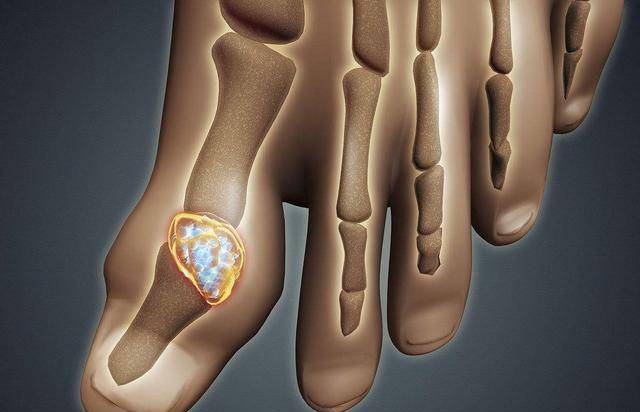Gout is a chronic disease, and once it flares up, the pain is generally unbearable. This will create a dual test of devastation for both the physical and mental well-being of the patient.
For gout patients, special attention must be paid to daily diet and lifestyle. We must be mindful of what we eat, avoiding any foods that may inadvertently trigger a gout attack.
After being diagnosed with gout, here are four foods that you should consider giving up as soon as possible:
1. Alcohol must be avoided
Whether it’s liquor or beer, consuming alcohol increases uric acid levels and has a similar effect. Therefore, it’s best for friends with gout to avoid alcohol.
2. Seafood must be avoided
Seafood, while delicious, falls under high purine foods that can raise uric acid levels and trigger gout attacks, so it’s best to avoid them.
3. Rich meat soups should be avoided
Many people like to stew soups with beef, dog meat, pork, etc., for a long time under the belief that it provides nourishment, but these soups can also elevate uric acid levels.
4. Animal offal should be avoided
Pork liver, chicken liver, chicken hearts, fish roe, and other animal offal have high purine content, which can also increase uric acid levels.
Continued elevation of uric acid can lead to deposits in joints, kidneys, and other parts of the body, forming crystals. This process may be prolonged, but once it flares up, it will cause immense suffering for patients.
After a diagnosis of gout, consuming the following five types of fruits and vegetables can accelerate the excretion of uric acid, alleviating the suffering of gout patients:
1. Winter melon
Winter melon has low calories and sugar content, making it particularly suitable for gout and diabetes patients to consume. When eating it, it’s best to eat the skin together because it contains more nutrients than the flesh.
Moreover, gout patients typically have excessive internal heat, and winter melon belongs to cooling foods with the effects of clearing heat, moistening the throat, generating fluids, and detoxifying, speeding up the excretion of internal heat, and quickly eliminating uric acid from the body.
2. Cucumber
Not only does cucumber help reduce weight, but it also has a cooling and diuretic effect, reducing uric acid levels.
It is rich in water content, cool in nature, belongs to the large intestine meridian, has a certain diuretic effect, can lower the body’s uric acid content, and has a protective effect on the kidneys.
3. Pumpkin
Pumpkin is a delicious dish and also an alkaline food that can dissolve uric acid in the body. Therefore, eating pumpkin regularly can alleviate gout symptoms.
4. Watermelon
Firstly, watermelon has a diuretic effect. With abundant sugar content, consuming watermelon increases sugar intake, raises urine osmotic pressure, reduces renal reabsorption, thereby promoting diuresis.
Watermelon is almost purine-free (only 1.1 milligrams of purine per 100 grams of watermelon), promotes metabolism, helps excrete uric acid from the body, making it very suitable for gout acute patients and hypertensive patients, but not suitable for those with high blood sugar.
5. Zucchini
Zucchini, also known as small melon, has a higher water content than winter melon and provides a strong satiety, which is particularly beneficial for gout and diabetes patients. Zhang Zhongjing called it the “nemesis” of uric acid, continuously eating for 7 days will significantly reduce uric acid, ensuring gout never troubles you!
The increasing number of diseases are often related to dietary imbalances. As living conditions improve, consuming large amounts of fish and meat daily has become normalized, leading to numerous bodily ailments with slight carelessness.
Therefore, whether you are a gout patient or not, it is essential to maintain a light diet as much as possible and develop good exercise habits. Hopefully, everyone can stay away from diseases.
It is also important to emphasize that gout, obesity, and diabetes are often interconnected. Obesity easily leads to diabetes, while gout is often a complication of diabetes; therefore, controlling body weight is crucial in alleviating gout.
This article is an original work from Dr. Yuan’s classroom. Unauthorized reproduction is prohibited!


